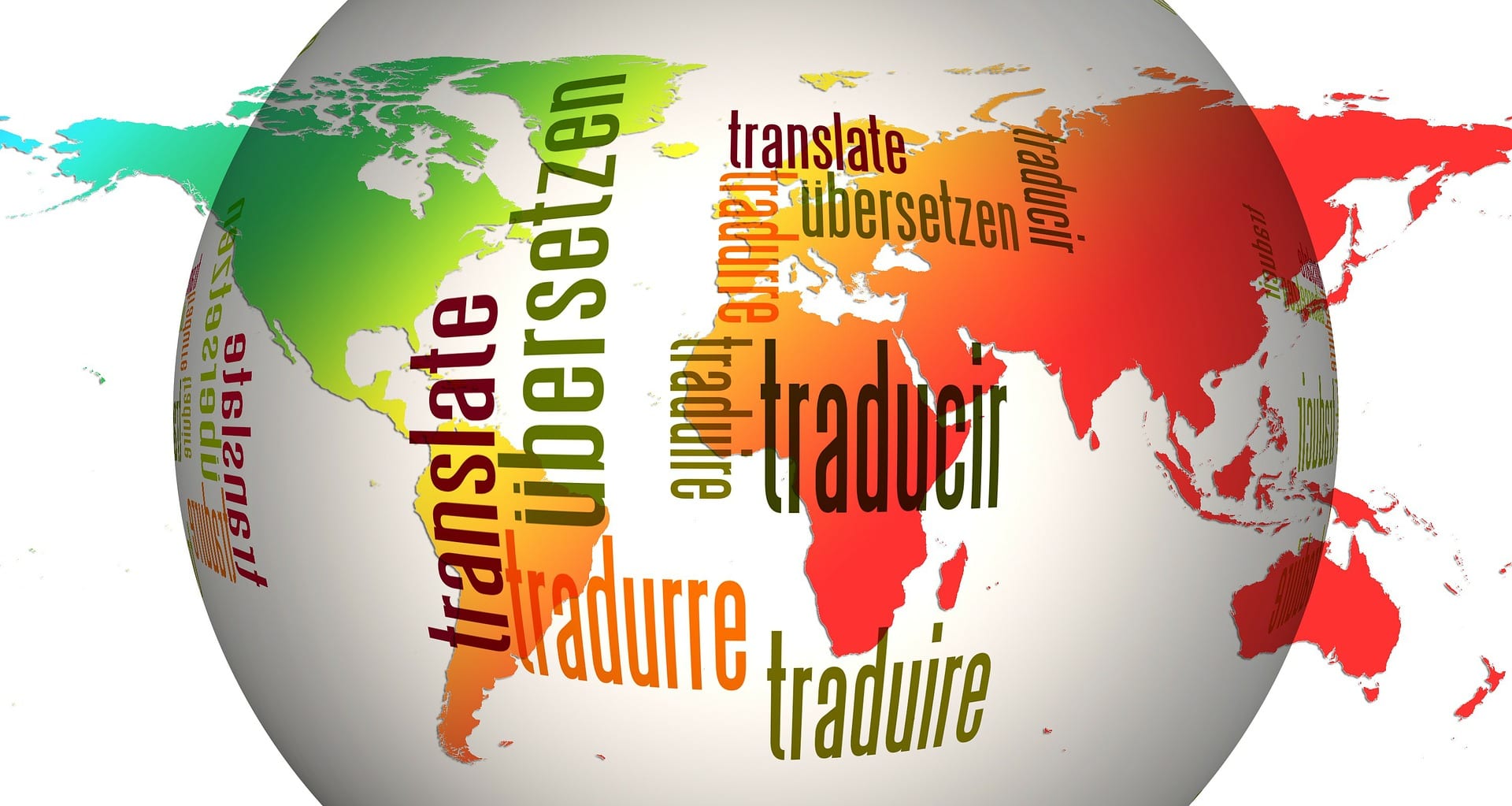It is strongly advised to have a second legal translator review the work and there is even an ISO quality standard to ensure this.
Making a mistake in legal translations can have catastrophic consequences for both the person submitting the translations and the translator. This is why it is extremely important to ensure the document is translated carefully and double-checked.
When it comes to the party the translation is for, legal translation can put their reputation at risk, cause them to lose time and money, and even influence the verdict in a trial. When it comes to the translation provider, they can also suffer a loss of reputation, face legal liability, and even falsification charges.
What not to do
So, what could go wrong in the translation process? Here are three potential issues with legal translations that can be easily avoided.
Using machine translation
Machine translation is a great tool to get a general understanding of a text or for some translation fields if paired with a revision by an experienced translator. When it comes to legal translation, however, using human translators for the whole process is the best option. Legal systems and terminology vary from country to country and accuracy is paramount in this particular field.
Moreover, if you use Google translate, it is important to note that once you feed the text to it, you give Google the right to use and store it. This means the content of the document is no longer confidential, which poses a significant risk.
Setting tight deadlines
Legal translations shouldn’t be rushed. As mentioned above, they entail specialized jargon, and legal systems and terminology differ depending on the country. You are more likely to get a high-quality translation if the translator has enough time to carry out the relevant research and carefully work on the text.

Choosing inexperienced translators
Legal translations require specific knowledge and experience so you should choose translators that specialize in the legal field and have experience translating the type of document in question. Just as lawyers specialize in criminal law or intellectual property, so do translators. Quality should prevail over price when choosing a translator in this field.
How to minimize risks
The first way to minimize risks is to avoid the issues mentioned in the previous section. You should avoid machine translation, plan what translations you need in advance to avoid tight deadlines, and choose the right translator for the project.
You should also ask potential translation providers about their quality assurance (QA) processes. It is strongly advised to have a second legal translator review the work and there is even an ISO quality standard to ensure this. If your time frame allows, you might want to add further QA steps.
As you can see, there are simple steps you can take to ensure your legal translation is free of errors and avoid any negative consequences.


Join the conversation!